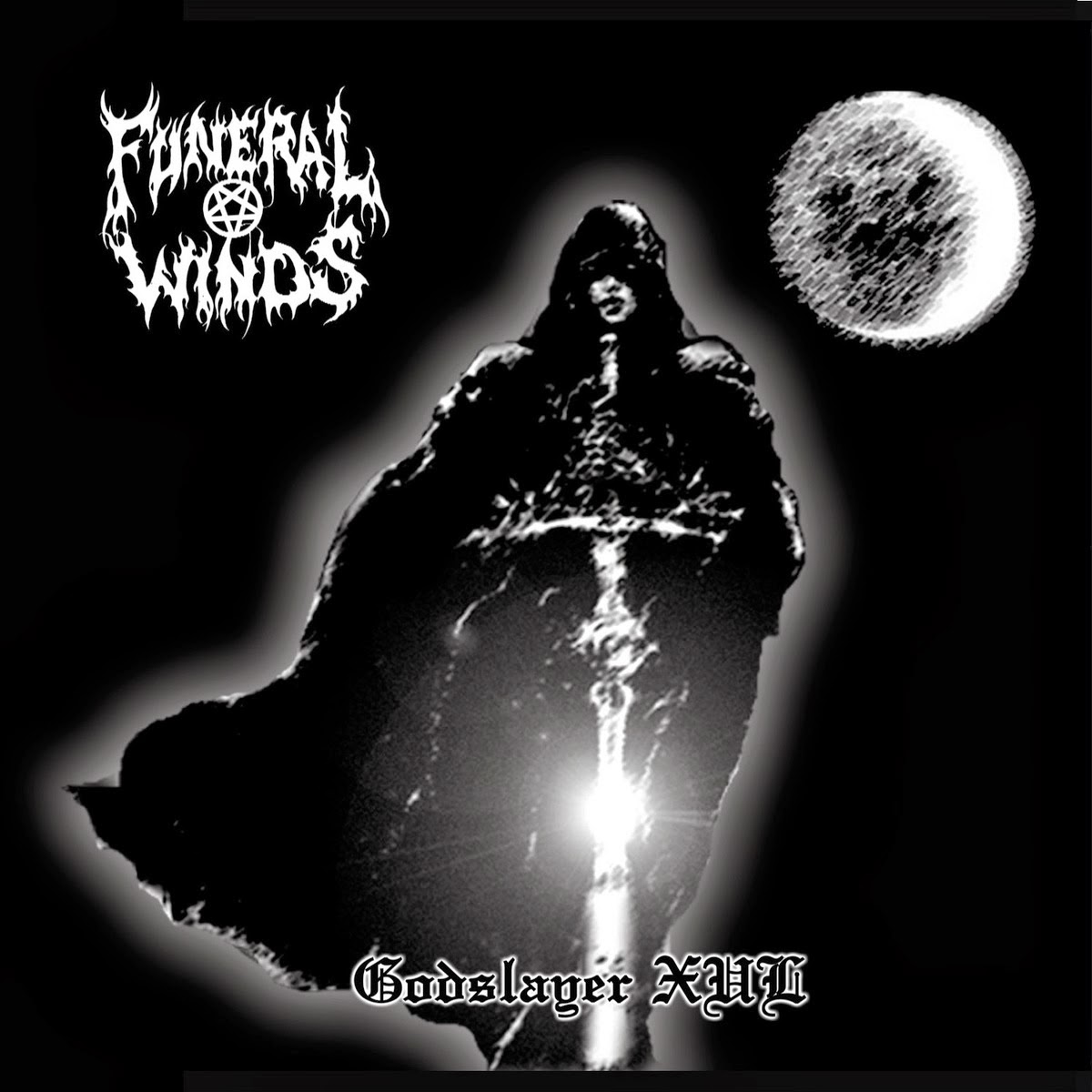I'm back.
Again, a solid year has elapsed since last I was active. Again,
Blackened Relics will never die.
Metal, and above all black metal, was the first thing I ever truly believed in. No religion ever really stuck, no philosophical system ever spoke to me. Black metal did both and still does, some twenty years after first discovering it. The first records I heard from the genre (all bona fide classics, to be sure) were like (un?)holy, spiritual tomes, the musicians the very Gods themselves. Black metal possesses a mysticism unlike any other artistic medium/movement/concept I've ever experienced.
Don't get me wrong: I'm not absolutely delusional. I'm well aware that the fellas who wrote and recorded my favorite albums are not deities. Regardless of what they might at one point have had you to believe, they're people, just like you, and just like me, regular dudes with leather jackets like mine and guitars like mine and a fistful of treasured albums like mine who were in the right place at the right time. My reverence for this music is not rooted in the personalities of those who played it.
No, my reverence for black metal, above all for the early-mid '90s stuff, above all for the
Norwegian stuff, stems from what I see as its uniqueness in the annals of heavy metal and music in general. It tapped into that primordial center, the core of what makes heavy metal heavy metal. It ruthlessly yanked out the pure, elemental essence of everything that heavy metal was imagined/intended to make a person feel/think/experience and presented it, distilled, as a veritable, bottled elixir that mere mortals like me could taste, and subsequently could we commune with the divine.
To clarify, I do not pretend to be someone or something I'm not. I was not around in the late '80s/early '90s when the Scandinavian thing really started to blow up; I was much too young and in the wrong country. I have never been anything remotely resembling a "mover and shaker" in any black metal scene anywhere ever, nor have I ever associated with those who are. Who I
am, though, is someone who has listened to this music for just shy of two decades, and who has embraced it and watched it change into something else entirely than what it was when I first got wind of it, which no doubt was something else entirely than when it's makers made it. I am someone who feels this music to his very
bones, has come to something of an understanding of its true spirit, and who believes in preserving it. Am I within my rights by claiming to be privy to some sort of guardianship necessary to perpetuate what I believe black metal was always about? I don't really care. I feel its spirit powerfully enough that I believe my work with
Blackened Relics is true to the same.
I believe that truly dedicated archivists (yeah, I know, it sounds real fuckin' pretentious, but that's what I am) of heavy metal and any/all of its derivatives are a swiftly dying breed. Tape-trading is all but extinct. The 'zine is a sliver of a shadow of its glory days. Even Internet fan sites have largely died out. Meanwhile, physical music releases, I believe, will soon no longer be produced in any capacity. Casual listening/exploration is the norm.
Blackened Relics is intended to preserve not only the spirit of black metal itself, but also the practice of dedication to it. Blogspots themselves are fewer and further between every day, but this will remain.
Immerse yourself. Dedicate and isolate.
AEon



















































